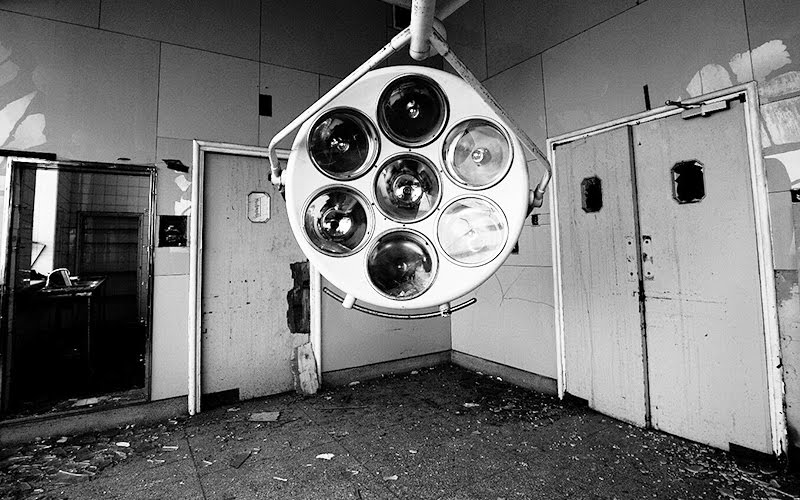Backlog maintenance bills across England’s NHS have now reached almost £6 billion, with more than £3 billion of this linked to “high risk” or “significant” issues, according to the latest available figures.
Six of the ten largest problems are in London – four of them in North West London (Charing Cross, St Mary’s and Hammersmith Hospitals (all part of Imperial Health Care Trust, combined bill £649m) and Hillingdon (£80m). St Helier Hospital’s bill (including “moderate” risk is over £75m, and Whipps Cross Hospital (part of Barts health) has bills of £44m.
Other large bills include Doncaster with a total bill of £67m, and Nottingham University Hospitals which faces a combined bill of £104m including a massive £77m backlog at Queen’s Medical Centre. Medway Maritime Hospital in Kent has a combined bill of £58m.
The problem has grown as a result of year after year of siphoning off capital allocations to prop up revenue budget and reduce the declared deficit and is confirmed by the Department of Health accounts. This is not sustainable.
The NHS definition of its high-risk repairs are those that “must be addressed with urgent priority in order to prevent catastrophic failure, major disruption to clinical services or deficiencies in safety liable to cause serious injury and/or prosecution”.
Dear Reader,
If you like our content please support our campaigning journalism to protect health care for all.
Our goal is to inform people, hold our politicians to account and help to build change through evidence based ideas.
Everyone should have access to comprehensive healthcare, but our NHS needs support. You can help us to continue to counter bad policy, battle neglect of the NHS and correct dangerous mis-infomation.
Supporters of the NHS are crucial in sustaining our health service and with your help we will be able to engage more people in securing its future.
Please donate to help support our campaigning NHS research and journalism.


